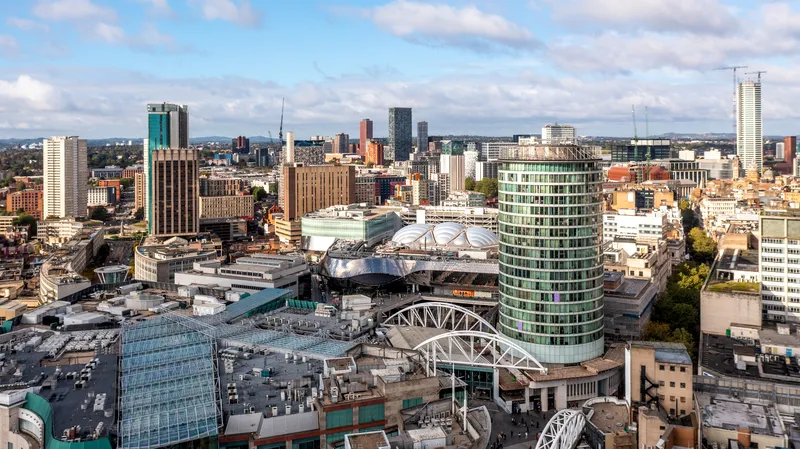The UK’s Transport Systems Catapult announced its first international partnership after signing a Memorandum of Understanding with Brazilian technology provider Gol Grupo.
The two organisations will now explore areas of cooperation in technologies and services related to urban mobility and connected smart cities.
“The Transport Systems Catapult was set up not only to champion the development of smarter transport systems for the UK, but also to promote UK expertise in Intelligent Mobility for overseas
January 15, 2015
Read time: 2 mins
The UK’s 7800 Transport Systems Catapult announced its first international partnership after signing a Memorandum of Understanding with Brazilian technology provider Gol Grupo.
The two organisations will now explore areas of cooperation in technologies and services related to urban mobility and connected smart cities.
“The Transport Systems Catapult was set up not only to champion the development of smarter transport systems for the UK, but also to promote UK expertise in Intelligent Mobility for overseas markets,” said Transport Systems Catapult CEO Steve Yianni following the signing of the agreement.
“The huge economic growth of Brazil in recent years has obviously put a huge amount of strain on the country’s transport systems, particularly in its larger cities,” Yianni added. “But it is also a country with a relatively young population who have been fast to adopt new technologies, particularly in the field of mobile communications, all of which makes Brazil extremely suitable for intelligent mobility solutions.”
Gol Grupo’s director of International Relations, Bianca Suassuna, visited the Transport Systems Catapult's Imovation Centre in Milton Keynes to sign the agreement and to discuss initial ideas for the promotion of intelligent mobility in Brazil.
"We have significant technical experience in developing solutions that help create smart cities, and have already implemented several significant projects in some of Brazil’s biggest urban areas,” Miss Suassuna said.
The two organisations will now explore areas of cooperation in technologies and services related to urban mobility and connected smart cities.
“The Transport Systems Catapult was set up not only to champion the development of smarter transport systems for the UK, but also to promote UK expertise in Intelligent Mobility for overseas markets,” said Transport Systems Catapult CEO Steve Yianni following the signing of the agreement.
“The huge economic growth of Brazil in recent years has obviously put a huge amount of strain on the country’s transport systems, particularly in its larger cities,” Yianni added. “But it is also a country with a relatively young population who have been fast to adopt new technologies, particularly in the field of mobile communications, all of which makes Brazil extremely suitable for intelligent mobility solutions.”
Gol Grupo’s director of International Relations, Bianca Suassuna, visited the Transport Systems Catapult's Imovation Centre in Milton Keynes to sign the agreement and to discuss initial ideas for the promotion of intelligent mobility in Brazil.
"We have significant technical experience in developing solutions that help create smart cities, and have already implemented several significant projects in some of Brazil’s biggest urban areas,” Miss Suassuna said.










